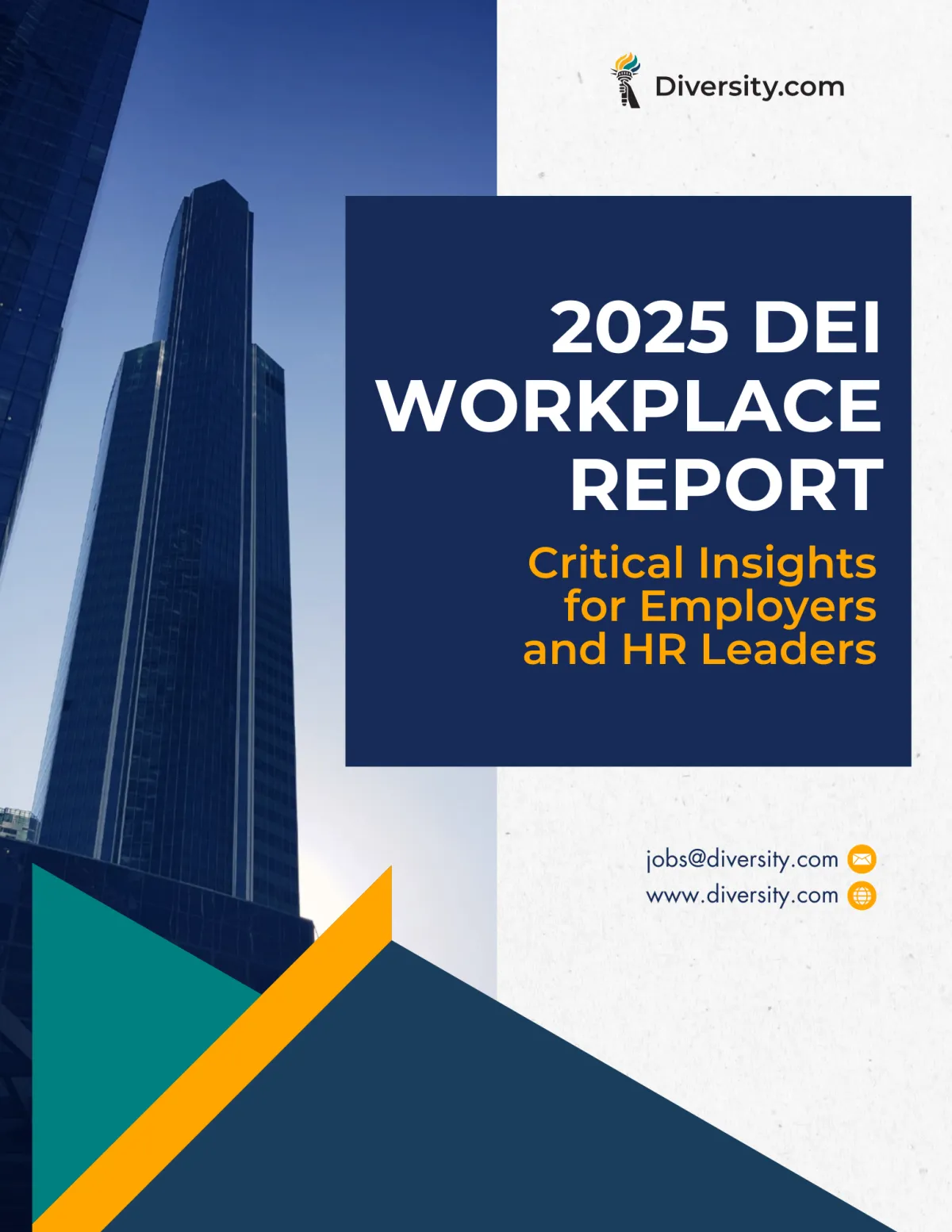
The Future of ADA Compliance: Why Employers Must Be Proactive
The U.S. Department of Justice’s removal of 11 ADA guidance documents in March 2025 has sent a clear message — regulatory frameworks may shift, but responsibility for accessibility remains.
In this changing landscape, employers cannot afford to be reactive.
Proactive leadership is essential to avoid legal risks, protect brand reputation, and foster workplaces where employees with disabilities can thrive.
Meeting the bare minimum is no longer enough. As public expectations evolve and legal gray areas grow, companies that lead with integrity and foresight will build stronger teams and more sustainable organizations.
Compliance vs. Ethical Responsibility
1. The ADA Remains the Law — But It’s Only a Starting Point
The ADA prohibits discrimination based on disability in employment, public services, and public accommodations (ADA.gov, 2025). Yet, the law doesn’t prescribe how to create a culture of inclusion. That’s up to business leaders.
2. Why the Minimum Fails
Legal compliance often stops at physical accessibility or basic accommodation policies. But without inclusive hiring practices, accessible digital tools, and cultural awareness, companies risk alienating talent and facing public backlash.
3. The Cost of Falling Behind
Ignoring proactive ADA leadership can lead to:
Employee dissatisfaction and higher turnover
Reputational damage on social media and employer review platforms
Increased likelihood of costly lawsuits and federal investigations
How Proactive Companies Are Leading the Way
1. Walgreens
Walgreens has set hiring goals for people with disabilities across its supply chain and store locations. Their proactive model includes workplace redesigns and targeted outreach (Walgreens, 2024).
2. Google
Google invests in accessibility research, employs accessibility engineers, and includes disability awareness as part of ongoing leadership training (Google, 2024).
3. Accenture
Accenture embeds accessibility across recruitment, onboarding, and career development, making disability inclusion part of its business strategy rather than an afterthought (Accenture, 2020).
Action Steps for Employers to Stay Ahead
1. Conduct Comprehensive ADA and Accessibility Audits
Review physical spaces, digital platforms, job descriptions, and training materials. Address gaps before they become liabilities.
2. Train Leaders, Not Just HR
Executives, managers, and team leaders should undergo training on disability inclusion, accommodations processes, and creating psychologically safe environments.
3. Build Accessible Digital Infrastructure
Ensure your websites, applicant tracking systems, and internal communication tools are fully compliant with Web Content Accessibility Guidelines (WCAG).
4. Involve Employees with Disabilities
Establish Employee Resource Groups (ERGs) and regularly consult employees with disabilities on workplace improvements.
5. Make Accessibility a Business Metric
Track hiring numbers, promotions, and employee satisfaction data for people with disabilities — and tie these metrics to leadership performance evaluations.
Why Proactive Inclusion Benefits Business
Attracts Diverse Talent: Inclusive companies have access to a larger, more skilled talent pool.
Enhances Innovation: Diverse teams bring fresh perspectives and drive creative problem-solving.
Improves Employee Retention: Employees who feel supported stay longer and perform better.
Strengthens Reputation: Customers and investors reward companies that lead with integrity and inclusivity.
Conclusion
The future of ADA compliance isn’t about checking boxes. It’s about embedding accessibility into the fabric of your business.
Companies that lead with authenticity, foresight, and respect will not only avoid risk but also build more resilient, innovative, and inclusive organizations.
Now is the time to move from reactive to proactive — because doing the right thing is also the smart thing.
How Diversity.com Supports Employers & Job Seekers
At Diversity.com, we help businesses, organizations, and institutions build diverse, inclusive teams that reflect the world we live in.
We support hiring managers, HR professionals, and job seekers in navigating the evolving DEI landscape across every industry.
Whether you're expanding your team, strengthening leadership diversity, or looking for career opportunities in inclusive workplaces, we provide resources, job board solutions, and expert insights to support your goals.
For Employers & HR Professionals:
✔ Create a free employer account — Start hiring with inclusion in mind. Choose from single listings, job packs (discounted credit bundles), or subscription plans for ongoing recruitment.
✔ Access a diverse talent pool — Connect with qualified professionals from a wide variety of backgrounds to drive innovation and growth.
✔ Stay informed with expert DEI insights — Stay up-to-date on diversity trends, compliance updates, and best hiring practices to stay competitive.
For Job Seekers:
✔ Find job opportunities with inclusive employers — Discover employers that value diversity, equity, and inclusion, across multiple industries and sectors.
✔ Create a free job seeker account — Apply for roles that align with your values, skills, and professional aspirations.
✔ Gain insights into workplace inclusion — Learn about company DEI commitments, hiring practices, and career-building resources before applying.
We’re committed to helping both employers and job seekers build stronger, more inclusive teams and workplaces.
Explore our platform today and take the next step toward building a more diverse and equitable workforce.
If you have any questions or need assistance, feel free to Contact Us Here. Our dedicated support team is ready to help!
Related Articles
DOJ Removes ADA Guidance: What Employers Need to Know in 2025
DOJ Rescinds Accessibility Guidelines: What This Means for Job Seekers with Disabilities
The Business Risks of Ignoring Accessibility Amid Changing ADA Guidelines
How to Communicate Your Company’s Commitment to Disability Inclusion in 2025
Disability Inclusion and DEI: Why They Cannot Be Overlooked in Your 2025 Strategy
Beyond Guidelines: How Companies Can Foster Disability-Friendly Workplaces Without Mandates
What HR Leaders Should Watch: The Legal Landscape of ADA and DEI in 2025
The Ethics of Inclusion: Why Doing the Bare Minimum Won’t Cut It
The Cost of Rollbacks: How DEI Retractions Affect People with Disabilities
Sources & References:
ADA.gov. (2025). The Americans with Disabilities Act. Retrieved from https://www.ada.gov
Accenture. (2020). Getting to Equal: The Disability Inclusion Advantage. Retrieved from https://www.accenture.com/us-en/insights/inclusion-diversity/disability-inclusion-research
Walgreens. (2024). Disability Inclusion Initiatives. Retrieved from https://www.walgreens.com/topic/promotion/disability-inclusion.jsp
Google. (2024). Google’s Accessibility Commitments. Retrieved from https://www.google.com/accessibility/

